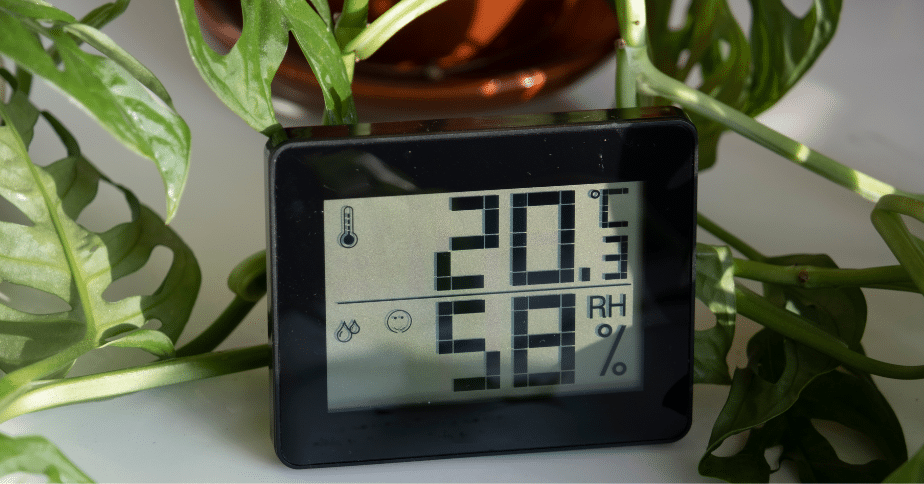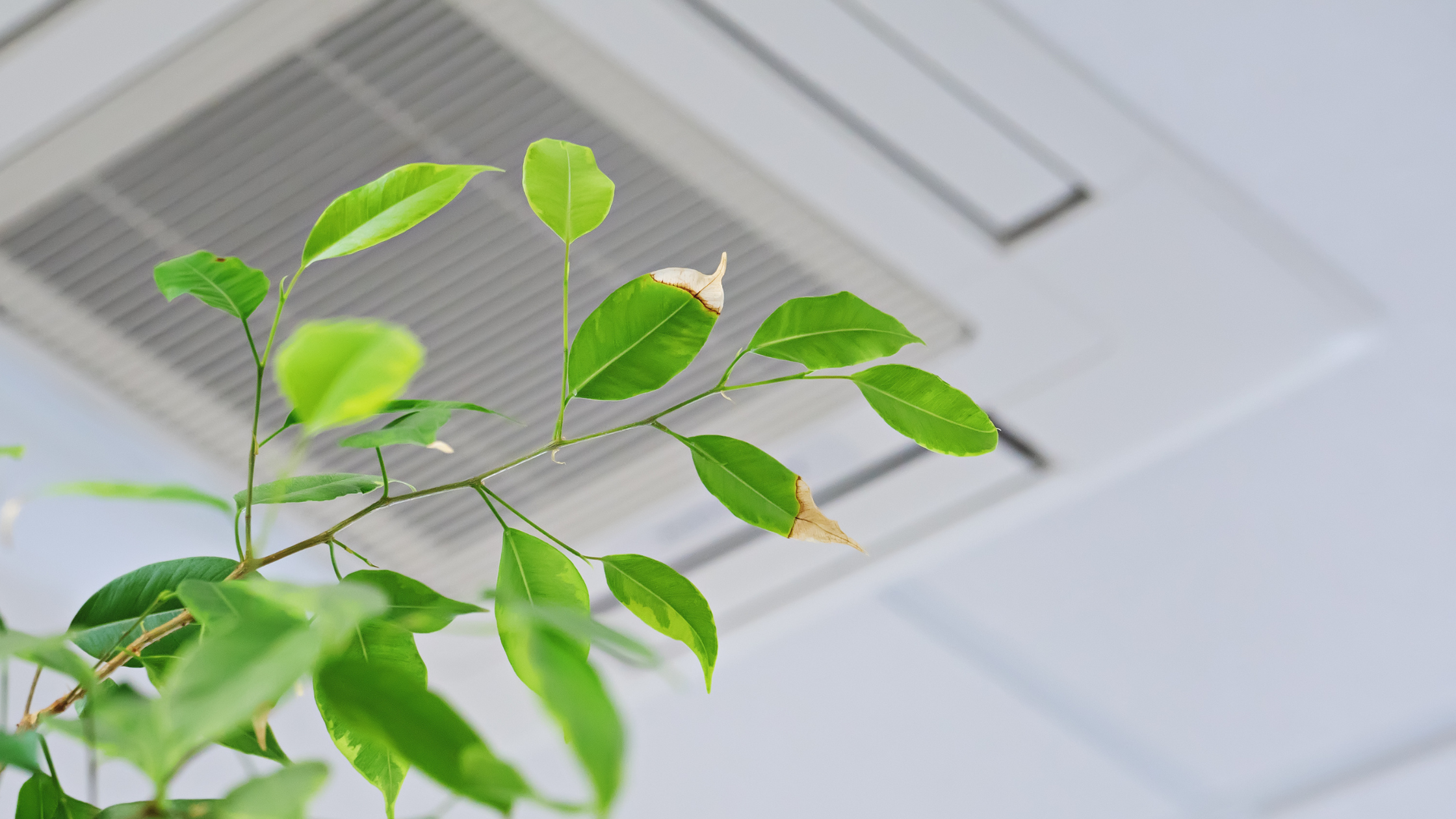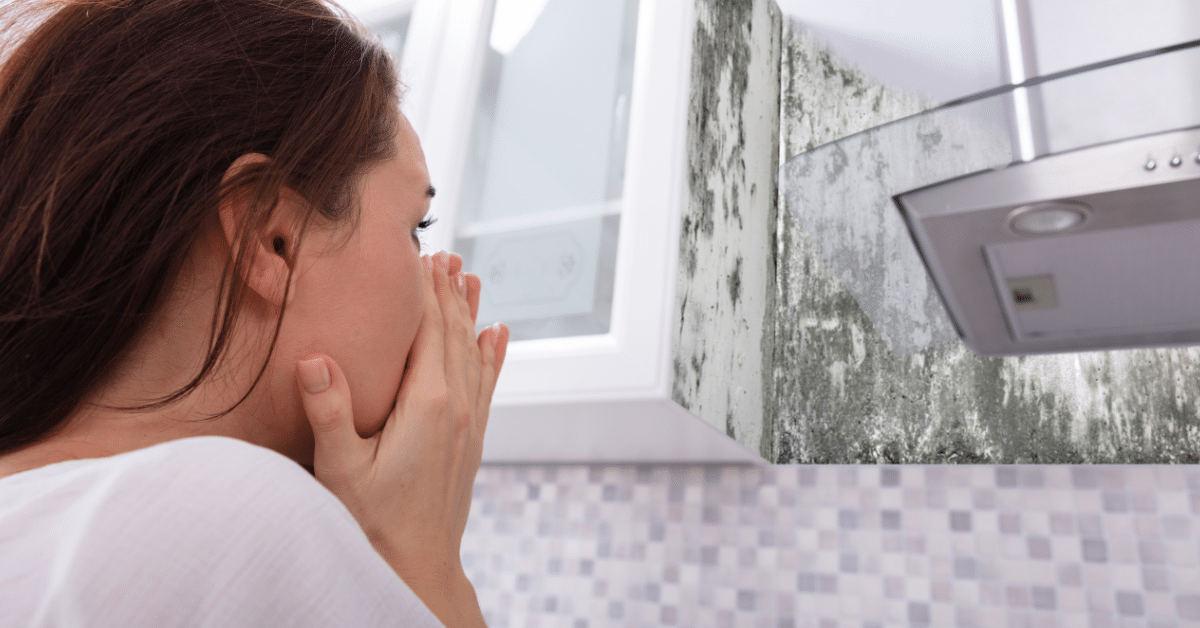Mold In Your New Home

Mold can happen anywhere. It’s particularly concerning when you notice signs of mold in your new home. Moving into a new home is one of the most exciting life events that happens! It signifies a shift in your life, and is something to be celebrated. However, it can be pretty hard to feel celebratory if you’ve moved into a new home that has mold or damages. Believe it or not, mold is even a common occurrence in new construction homes due to modern building practices. With the housing market being very competitive these days, things can move fast. We’re here to teach you how to avoid these potential problems, and what to do if you encounter them.
Utilize Inspections
Scheduling your own private home inspection is so important before buying or even renting a home. It’s the only way to know what you’re getting into. A professional home inspector ideally has years of experience diagnosing signs of mold and others forms of damage to a home. They will pay attention to signs of water damage, leaks, and mold in both common and hard to reach areas. They can run tests for VOCs, or volatile organic compounds, which is a broad term for a multitude of substances that turn to vapor with normal room temperatures and can be harmful to your health. A professional home inspection is a simple investment that can end up saving you thousands of dollars down the road. They’re able to diagnose an issue before it gets to be a costly issue, or save you from buying or renting the home if it’s too big of an issue to deal with.
If You Find Damage
Have you noticed signs of mold or water damage in the home you’ve just moved into? If it’s too late to back out, you are probably wondering how to properly take care of mold or damages in a new home. It’s not a bad idea to check with your real estate agent to see if there were any warranties promised in the purchase agreement between yourself and the seller. If you’re renting, it’s important to get in contact with your landlord immediately so that they are aware of the issue at hand. Most local laws protect renters and hold landlords responsible for remediation if the house is inhabitable, but it’s important to review your specific renters agreement to be certain. In either case, check to see what your renters or homeowners insurance policy will cover.
Call The Professionals
Whether you’re looking for a new home or you’re already in your home looking for help, it’s vital that you know how to find the best professionals for the job! Check community resources like social media groups to get relevant local recommendations for home inspection services from people who have used them in the last few years. In the case of mold growing in the home, the sooner you find professional mold remediation, the better. You want to choose a reputable company with years of experience diagnosing and eradicating mold, as well as keeping it from growing in the future. The more time mold has to grow, the worse the problem will become, and the more potential there is for your home or health to suffer consequences. Ensure the safety of you and your family by both preventing the problem, and knowing what to do if it arises!



